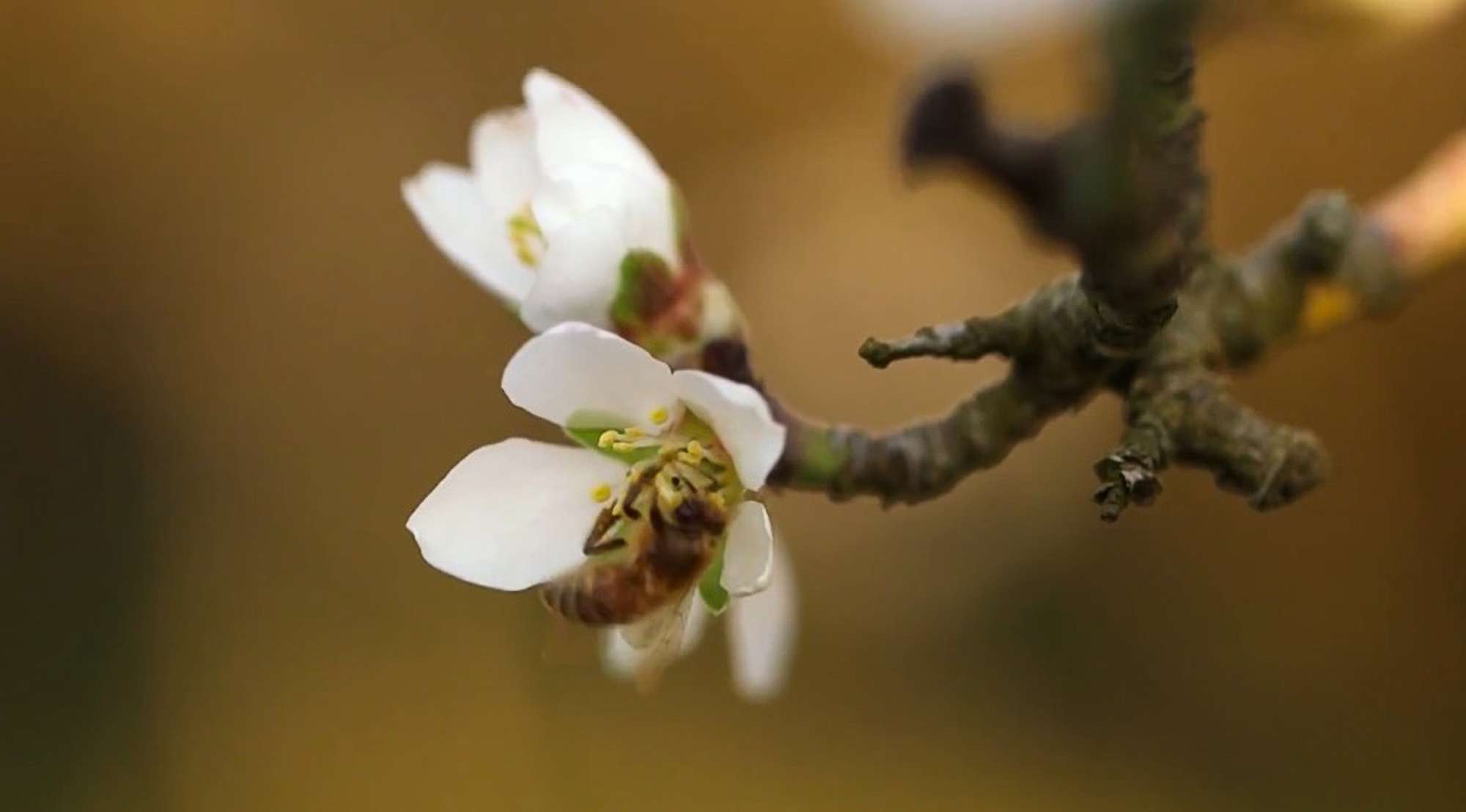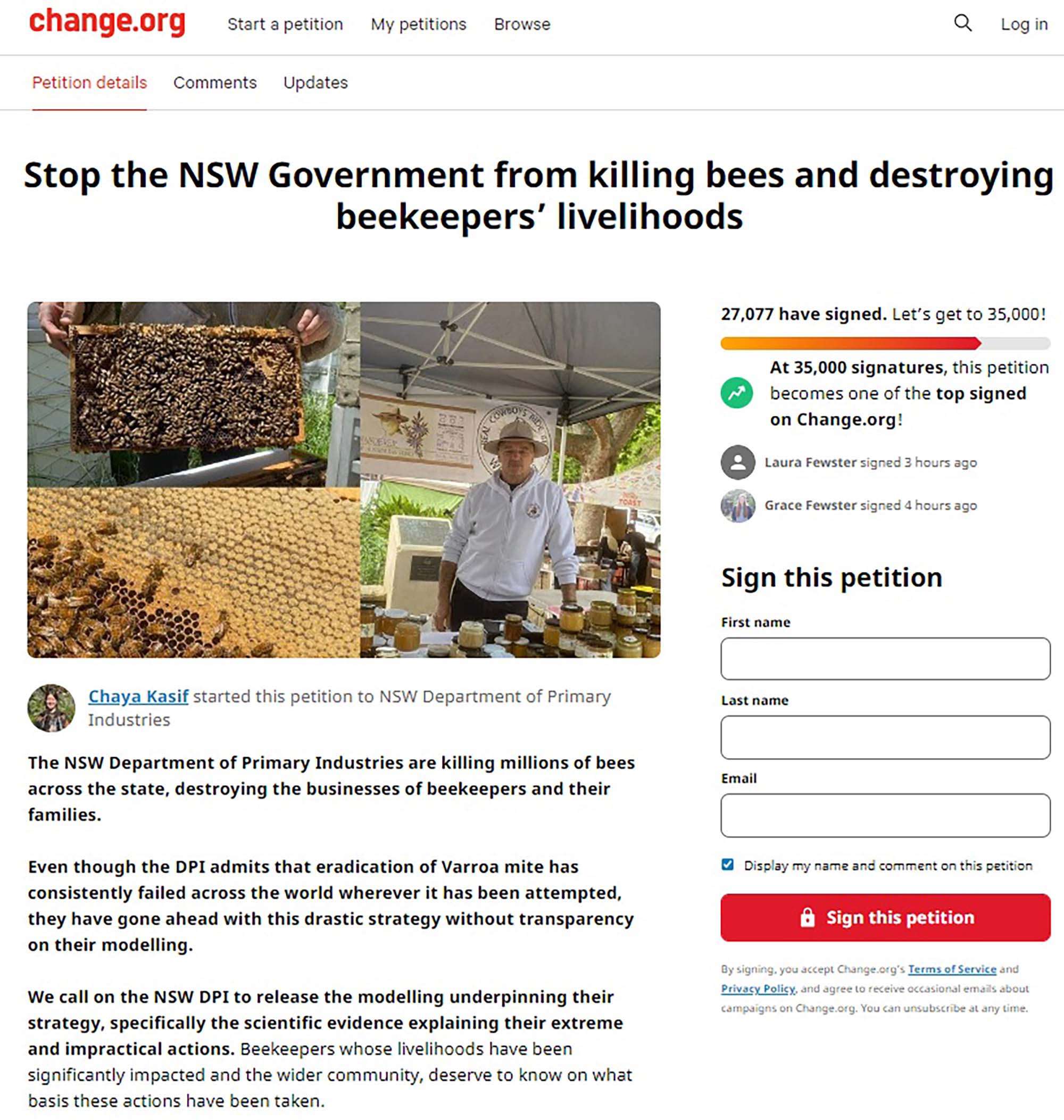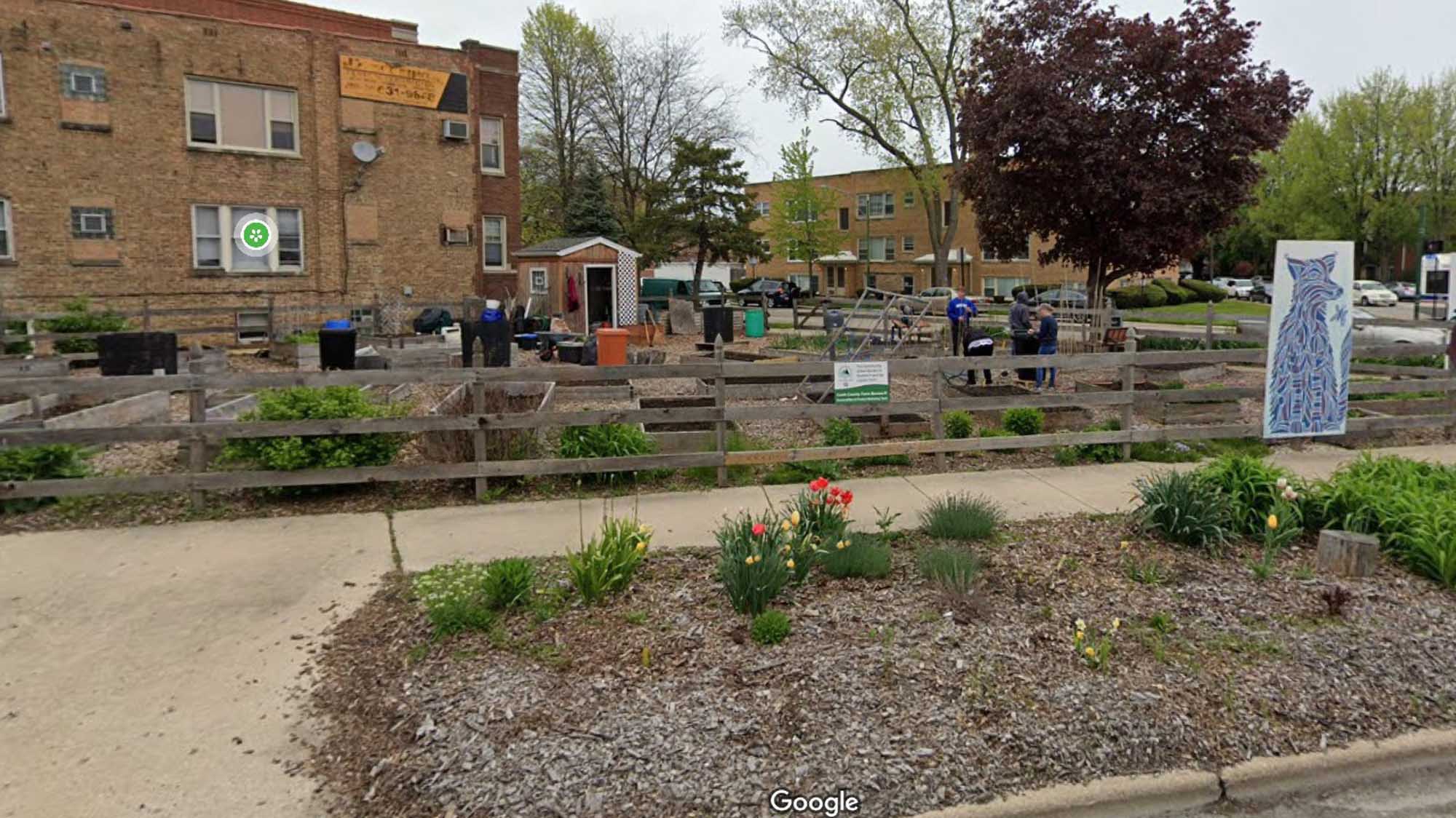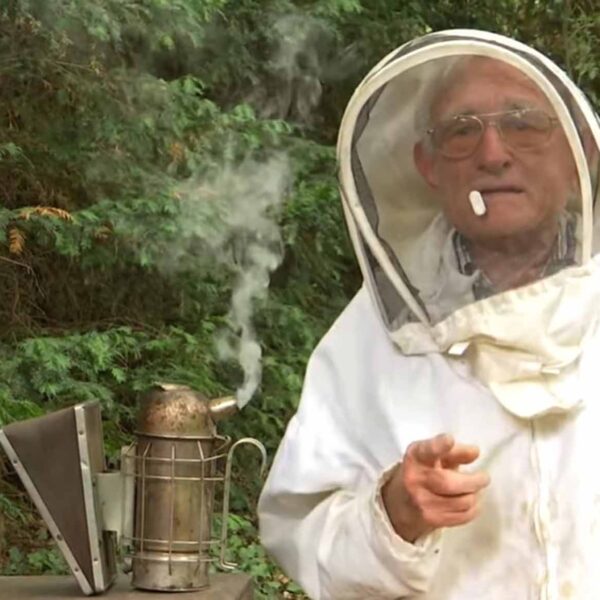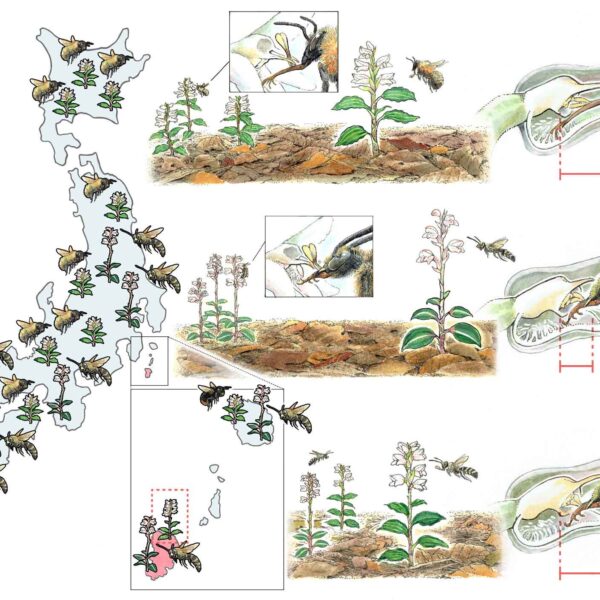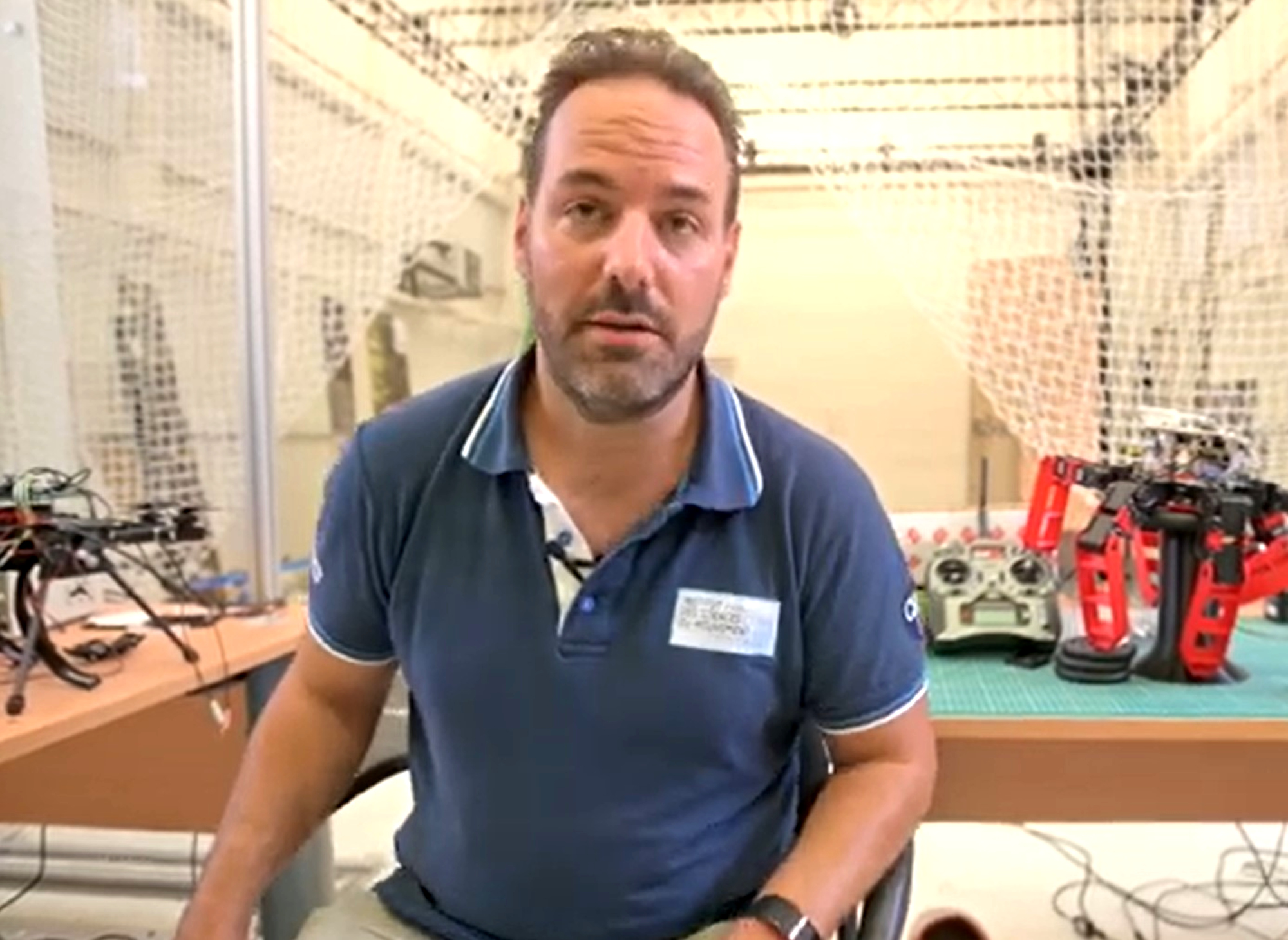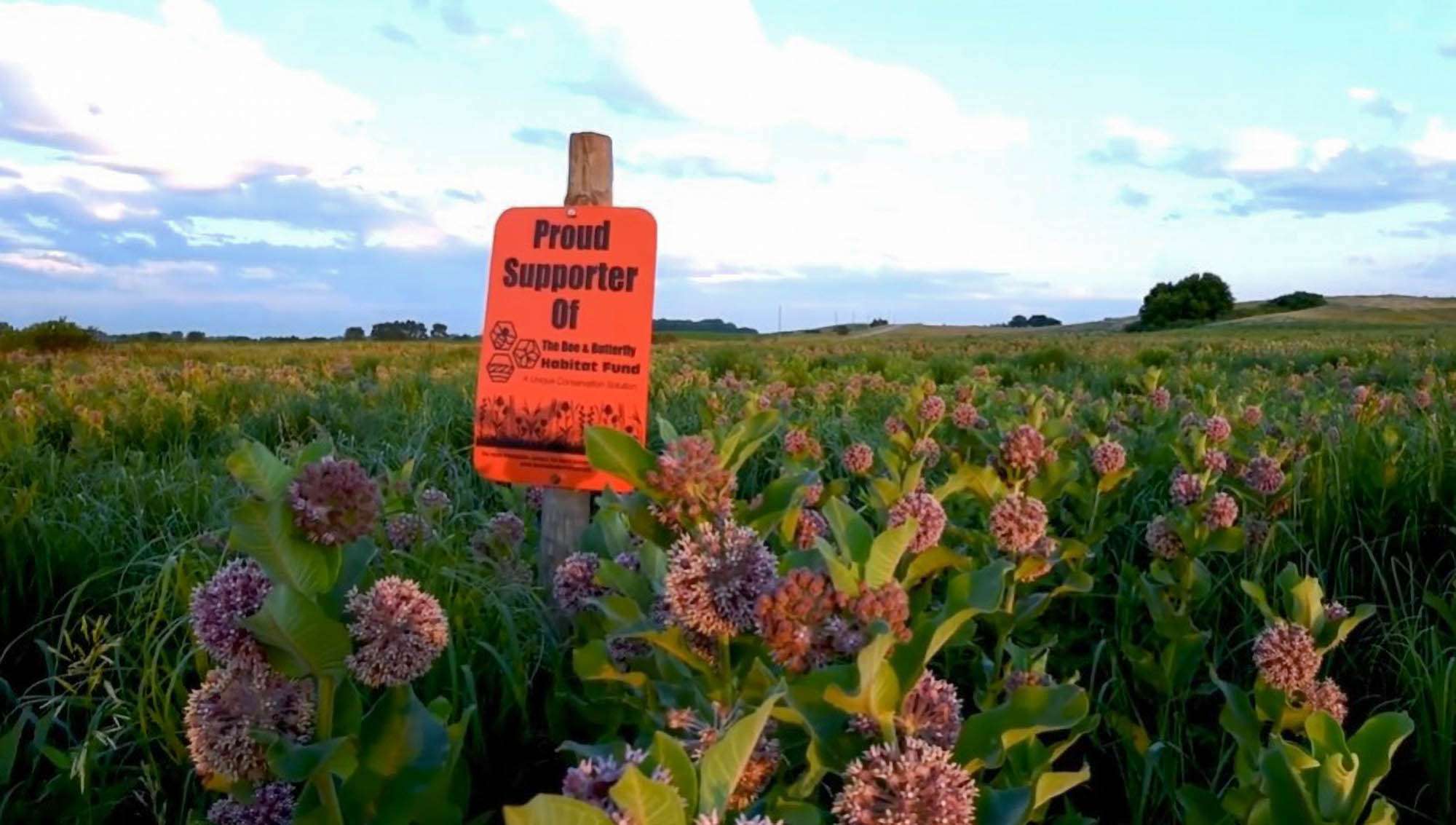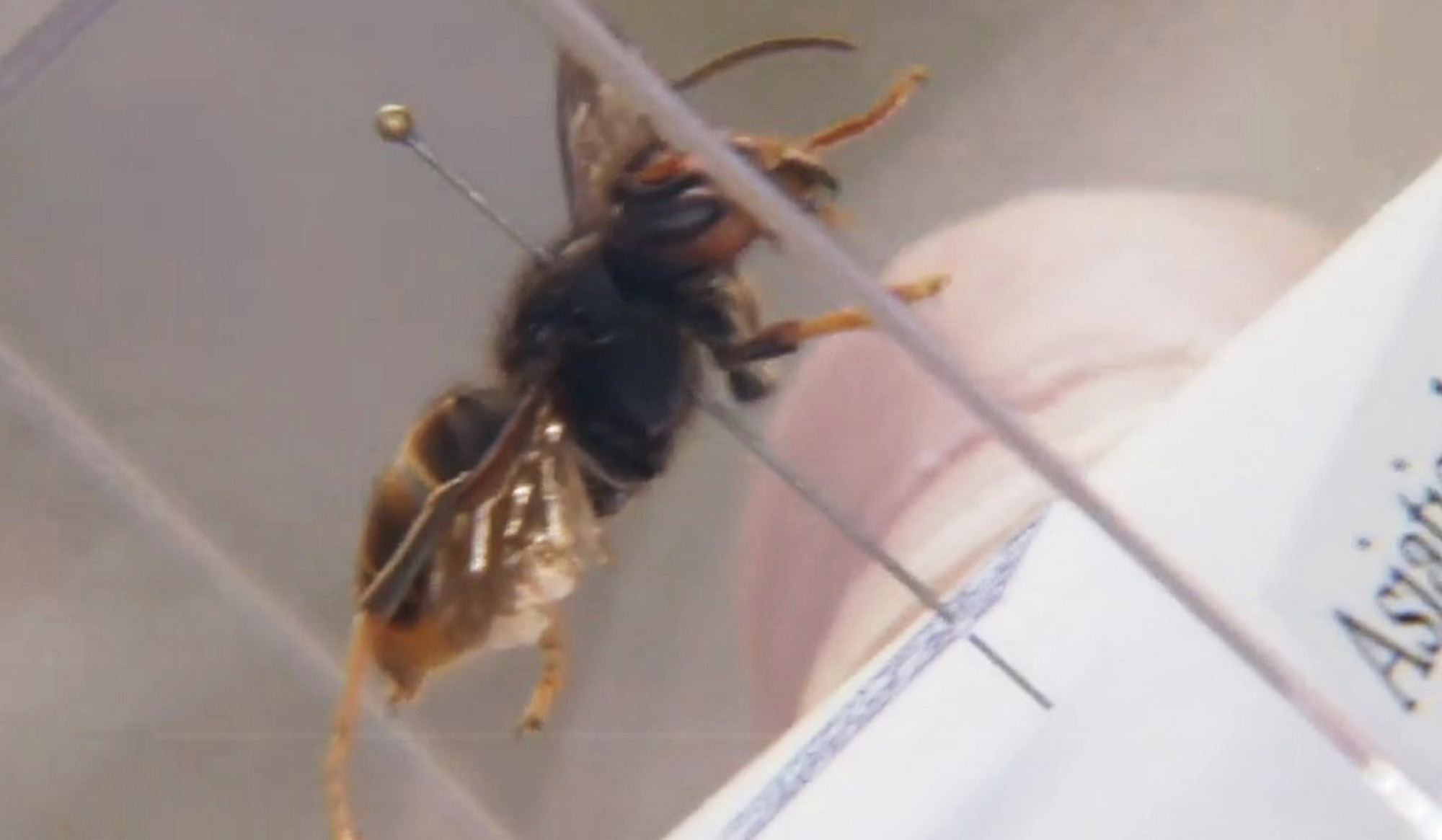A renowned American university has turned a building once used by the producer of a controversial herbicide into a bee research centre.
Washington State University (WSU) acquired the facility – a former Monsanto corn breeding station – in Othello, Washington.
The best-known product of Monsanto – a tradition-rich US agrochemical corporation acquired by the German biotechnology company Bayer in 2018 – is the glyphosate-based substance Roundup.
WSU directors failing to find affordable premises nearby eventually opted to buy the estate in Othello, a two-hour drive from the institution’s flagship campus in Pullman.
The USD 2.5 million (GBP 2.17mn) deal happened in 2020 but the planning and move has taken longer to organise, and the relocation of staff and equipment was only recently finalised. In particular, it suffered several delays due to different restrictions during the COVID-19 pandemic.
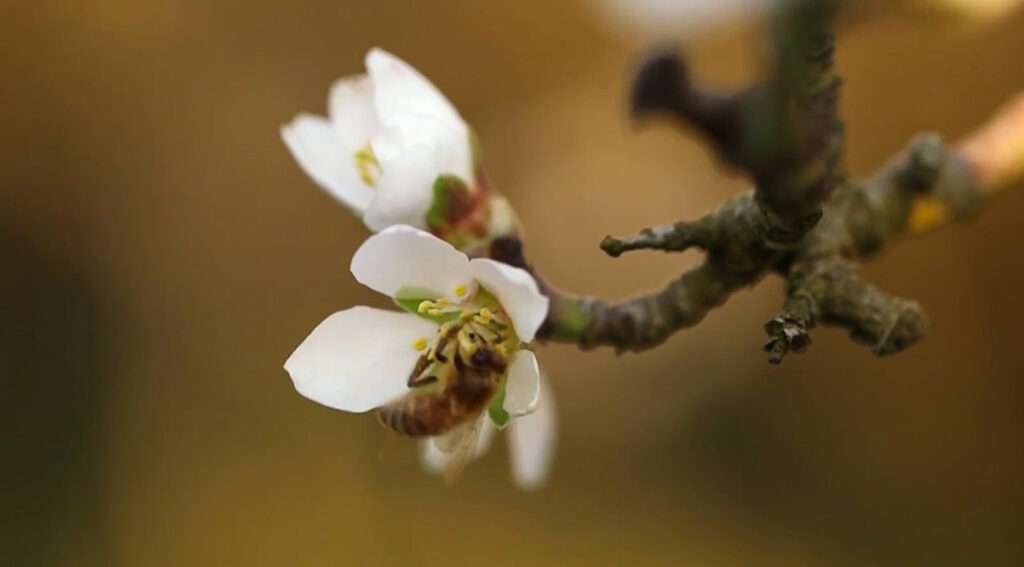
The acquisition had been made possible mostly through fundraising measures and donations, according to the Spokesman-Review newspaper.
WSU Entomology Department head Steve Sheppard said the additional establishment would “really help upgrade the work we do.”
The expert on apiculture explained: “This facility will increase collaboration and allow for enhanced short courses, demonstrations and classes for beekeepers which will directly help the agricultural industry since honey bees are vital to our food supply.”
The new institution entitled Honey Bee and Pollinator Research, Extension, and Education Facility promises to “offer a home for the development of the world’s best programmes to help save the bees.”
WSU was founded in 1890. It currently registers around 27,500 students.
Bayer announced its plans to purchase Monsanto in September 2016. The disputed USD 63 billion (GBP 55bn) acquisition was completed in June 2018.
Monsanto’s previous product brand names were maintained.
Researchers from the Finnish universities of Turku and Oulu recently found that the application of just a small dose of Roundup had a serious impact on the cognitive skills of bumblebees.
Bumblebees play a key role in ensuring biodiversity as they pollinate many plants that are ignored by other insects.
Over one million European Union (EU) residents signed a petition calling for a complete ban on any products containing glyphosate in 2017.
Roundup was banned from being sold and applied in France in January 2019 due to serious health concerns.
Bayer vehemently dismissed the accusations.
A company spokesperson announced at that time: “Bayer disagrees with the decision taken by the Administrative Court of Lyon to cancel the marketing authorisation for RoundUp Pro 360.”
The firm argued that the product formulation had been “subject to a strict evaluation by the French authorities.”

